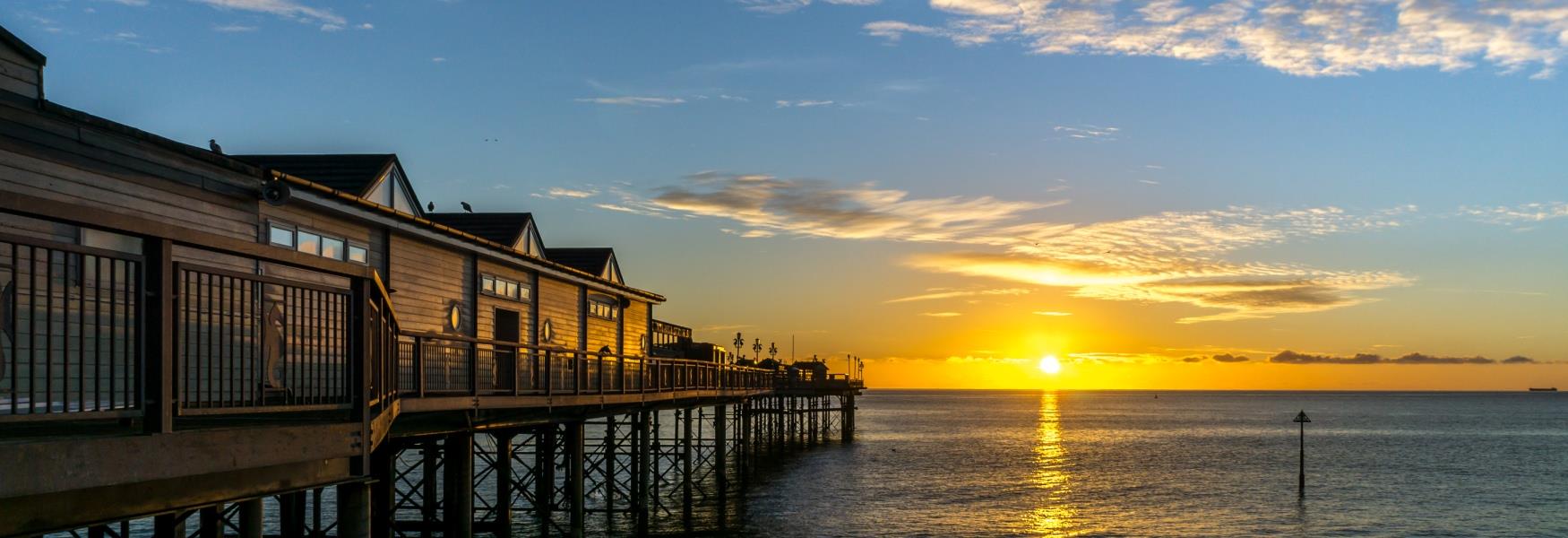South Devon is one of the most appealing parts of the UK for property investors, particularly for those seeking a picturesque coastal lifestyle. Owning a second home here not only offers a potential financial return but also provides a gateway to enjoy the region’s stunning landscapes and vibrant culture.
The tourism industry in South Devon contributes over £2.8 billion annually to the UK economy, attracting millions of visitors each year. The area boasts award-winning beaches, breathtaking national parks, and charming seaside towns, making it an ideal location for those looking to invest in holiday properties or enjoy a second home for personal use. With excellent transport infrastructure and easy access to major cities, South Devon combines convenience with its natural beauty.
Given these advantages, it’s no surprise that South Devon is a popular choice for second-home buyers. If you’re considering purchasing a second home in this part of the world, there are numerous benefits to explore, alongside some challenges to keep in mind.
Benefits of Buying a Second Home in South Devon
The most notable upside is that there’s considerable demand for holiday accommodation in this part of the country. Therefore, you might earn a sizeable return on the investment during peak tourist season. Then, when the demand contracts again, you can use your home for your own purposes.
The appeal of this part of the country is unlikely to diminish over time, which makes this a sensible investment. You can cash out later on. There are plenty of local attractions and amenities that might tempt you into holidaying here, including Powderham Castle, the National Marine Aquarium, and Pennywell Farm.
Understanding Local Property Market Trends
As with any other property investment, it’s worth doing your research, and understanding the local property market. Think about the average price for the kind of home you’re considering, and the potential return you might enjoy. The tourism industry in this part of the UK is worth more than two billion pounds a year. The price of the average house is around £319,000. However, you might pay more (or less) depending on your proximity to desirable locations.
Legal Requirements and Tax Implications
For your investment to be profitable, you’ll need to account for additional costs. These include tax considerations, like Stamp Duty Land Tax and Capital Gains Tax. Properly understanding stamp duty for second homes, including the changes made in the October budget, will often require consulting an experienced conveyancer.
Financing Options and Mortgage Considerations
There are a number of ways you might finance a purchase of this kind. You might look for a specialised buy-to-let mortgage, or you might downsize to a smaller property so that you can afford two new ones. You might also look into equity release as a means of freeing up cash for this kind of investment.
Lenders consider a number of criteria when setting your interest rate. This includes the amount you’re looking to borrow – which is why coming up with a larger deposit can be advisable.
Managing and Maintaining Your Property
Getting the best from your second home might mean employing a local agency to occasionally send someone around to check on it. Boilers will need to be serviced, floors will need to be swept, and walls will occasionally need to be repainted. You’ll also have legal responsibilities if you’re letting out property, even if it’s just for a short time. Entrusting an experienced agency with these duties can reduce the risk for you, and allow you to enjoy the peace of mind that comes with knowing your investment is protected.
" Sponsored"
Related
Comments
Comments are disabled for this post.



 to add an item to your Itinerary basket.
to add an item to your Itinerary basket.









